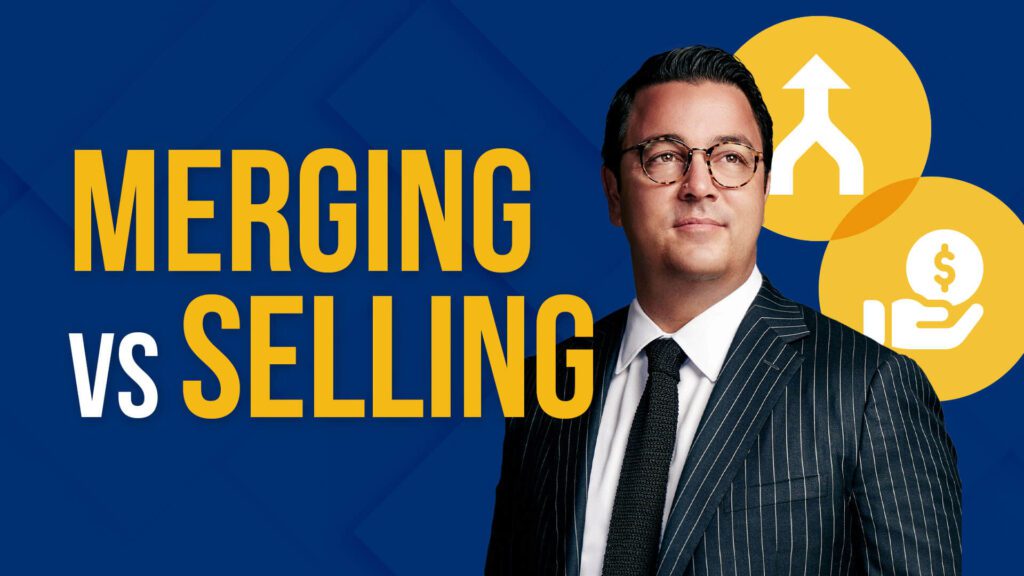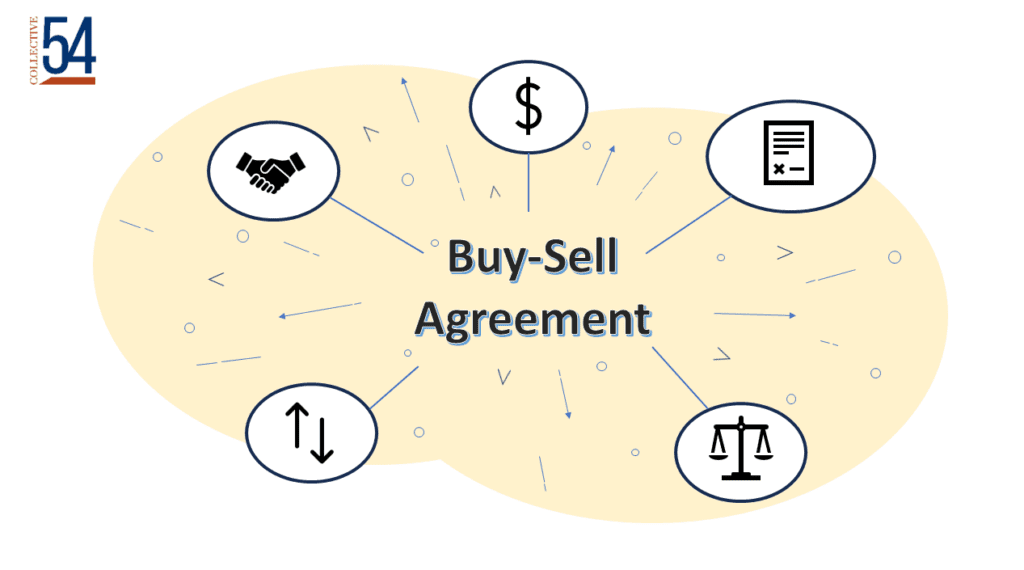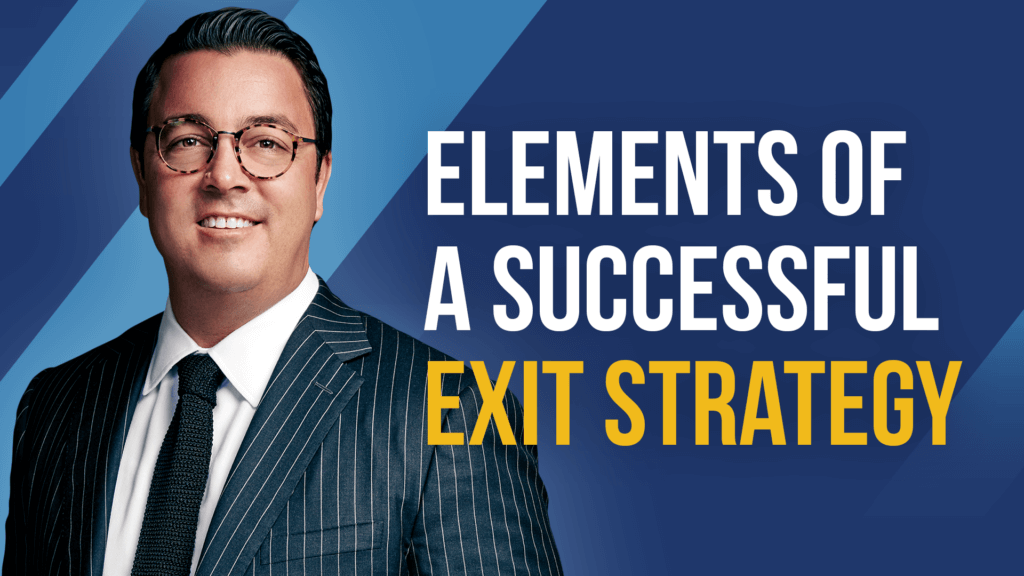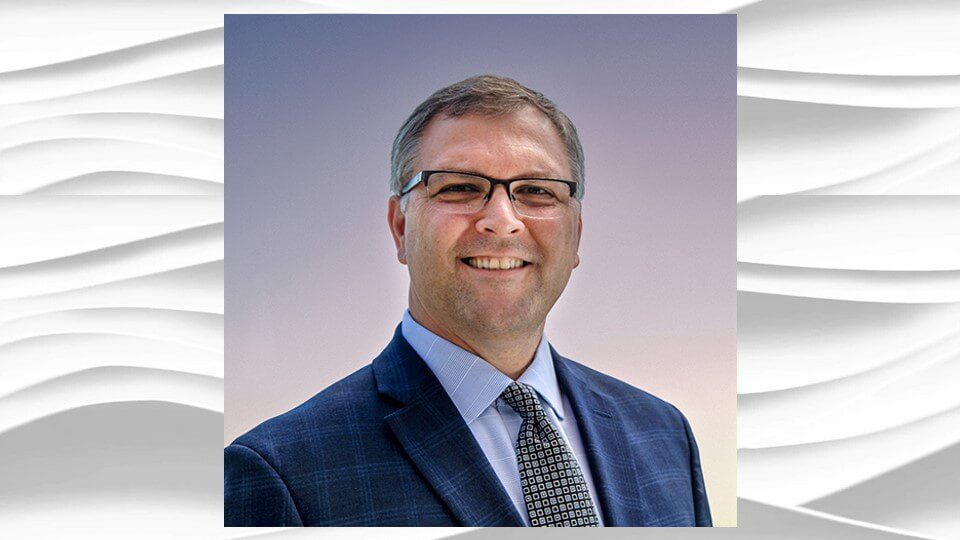Real Exit vs. Fake Exit: The Truth Behind Your Business Legacy
The journey of building and eventually exiting your boutique professional service firm is a significant part of your entrepreneurial story. As founders, it’s important to distinguish between a real exit and a fake exit to ensure that your career trajectory aligns with your values and aspirations. In this C54 Insights blog post, we’re going to shed light on the stark contrast between these two paths, so you can make informed decisions for your future.










